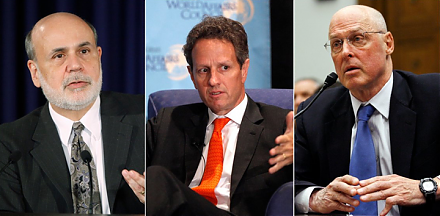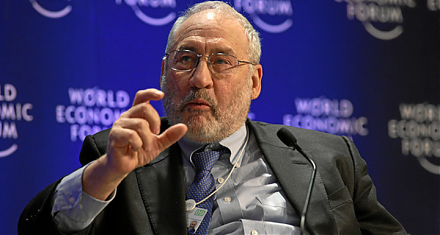

2019-06-15 10:28:00 Sat ET
technology antitrust competition bilateral trade free trade fair trade trade agreement trade surplus trade deficit multilateralism neoliberalism world trade organization regulation public utility current account compliance
The Sino-American trade war may slash global GDP by $600 billion. If the Trump administration imposes tariffs on all the Chinese imports and China retaliates with countermeasures, the global stock market may decline by 10%. In this worst-case scenario, Bloomberg expects global GDP to fall 0.6% or $600 billion by mid-2021. The same simulation suggests that both U.S. and Chinese economic output may decline by 0.7% to 1%. Several countries such as Canada and Europe rely heavily on Sino-American trade and so may suffer as a result. In terms of better balancing the bilateral trade deficit, this deficit has indeed declined from $91 billion to $80 billion from 2018Q1 to 2019Q1 (as the Trump tariffs come into effect). Further, the current U.S. CPI inflation hovers in the range of 1.6% to 1.9% (still below the 2% target level). This fact thus defies the Chinese allegation that the Trump tariffs may substantially raise the Chinese import prices with substantial inflationary pressure.
U.S. retail sales growth continues to slow down even though American consumer confidence rebounds in early-2019 due to higher wages and inelastic labor market conditions. The recent 8% renminbi devaluation coincides with the 25% Chinese stock market plunge and less foreign direct investment.
If any of our AYA Analytica financial health memos (FHM), blog posts, ebooks, newsletters, and notifications etc, or any other form of online content curation, involves potential copyright concerns, please feel free to contact us at service@ayafintech.network so that we can remove relevant content in response to any such request within a reasonable time frame.
2019-06-15 10:28:00 Saturday ET

The Sino-American trade war may slash global GDP by $600 billion. If the Trump administration imposes tariffs on all the Chinese imports and China retaliate
2022-04-25 10:34:00 Monday ET

Corporate ownership governance theory and practice The genesis of modern corporate governance and ownership studies traces back to the seminal work
2017-02-19 07:41:00 Sunday ET

In his recent book on personal finance, Tony Robbins recommends that each investor should rebalance his or her investment portfolio *only once a year* to in
2018-07-17 08:35:00 Tuesday ET

Henry Paulson and Timothy Geithner (former Treasury heads) and Ben Bernanke (former Fed chairman) warn that people seem to have forgotten the lessons of the
2019-06-29 17:30:00 Saturday ET

Nobel Laureate Joseph Stiglitz proposes the primary economic priorities in lieu of neoliberalism. Neoliberalism includes lower taxation, deregulation, socia
2023-09-21 09:26:00 Thursday ET

Jordi Gali delves into the science of the New Keynesian monetary policy framework with economic output and inflation stabilization. Jordi Gali (2015)